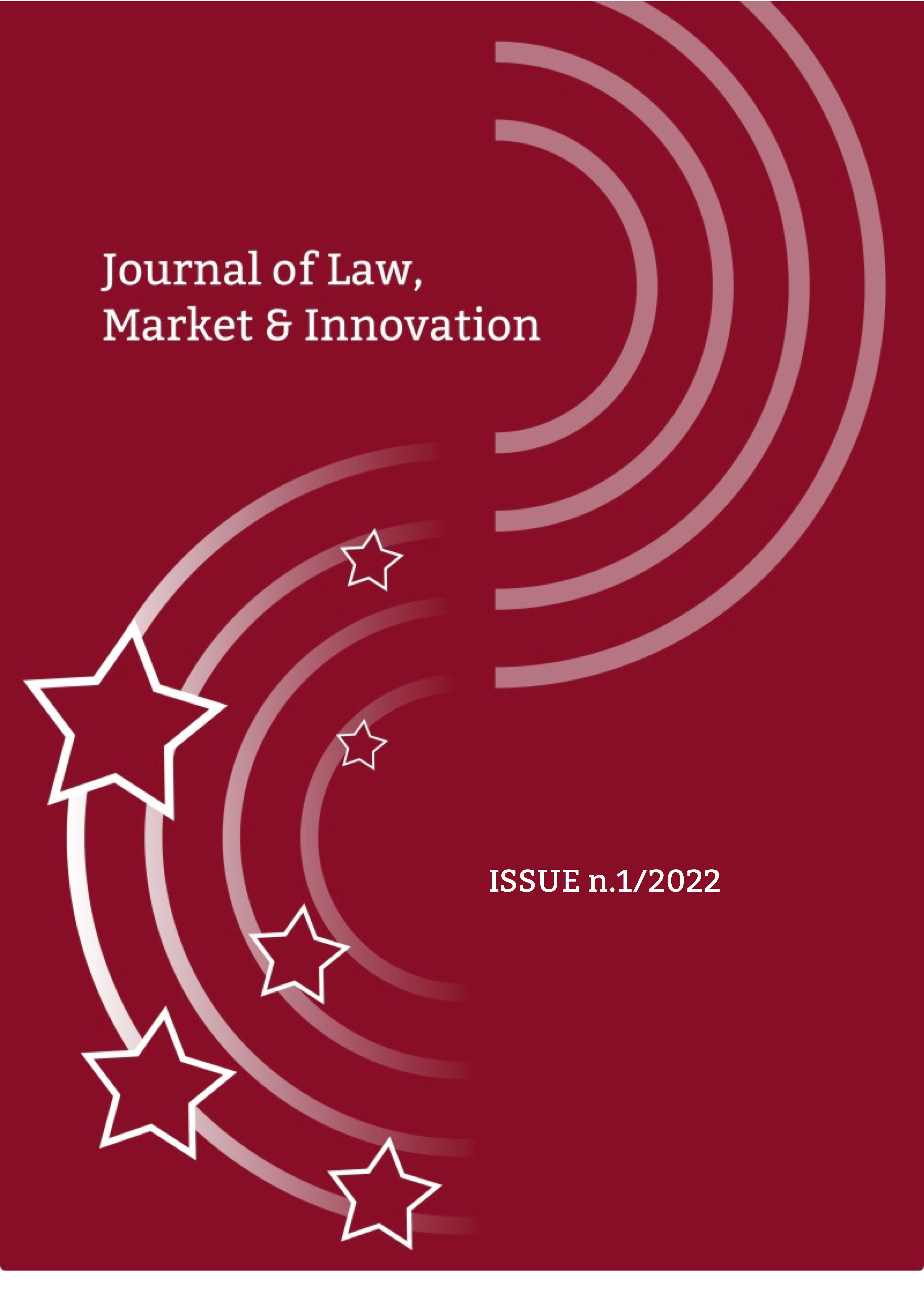Algorithmic personalization of consumer transactions and the limits of contract law
DOI:
https://doi.org/10.13135/2785-7867/6672Abstract
Firms increasingly use artificial intelligence (AI) and massive amounts of data to target consumers, influence consumers’ choices and tailor the contracts consumers enter in online markets. Algorithmic transactions include personalized contracts driven by data extracted from consumers based on their acceptance of the terms of use of a specific application, but often simply based on their online behavior and without their consent or even their knowledge. Contract personalization can conceivably improve consumers’ surplus from transactions and hence their welfare, but it can also enable firms to exploit consumers’ biases and appropriate most or all of the surplus generated by contracts. In this latter case consumer protection is in serious danger.
This article argues for a broad approach to consumer protection in this context. First, consumer protection in algorithmic market transactions cannot be disconnected from the analysis of terms of use contracts or from the dynamics of data markets. Second, consumer protection cannot be addressed only with contractual instruments. The complex structure of algorithmic contractual relationships and the spill over between them requires contract law instruments but also the adoption of public policy measures.



 EJIF has been approved for inclusion in
EJIF has been approved for inclusion in  The Journal of Law, Market & Innovation is indexed in
The Journal of Law, Market & Innovation is indexed in  The Journal of Law, Market & Innovation is indexed in
The Journal of Law, Market & Innovation is indexed in  The Journal of Law, Market & Innovation is indexed in
The Journal of Law, Market & Innovation is indexed in  The Journal of Law, Market & Innovation is indexed in
The Journal of Law, Market & Innovation is indexed in  The JLMI is classified as a "Class A" journal for Law (Area 12) by the Italian
The JLMI is classified as a "Class A" journal for Law (Area 12) by the Italian 
